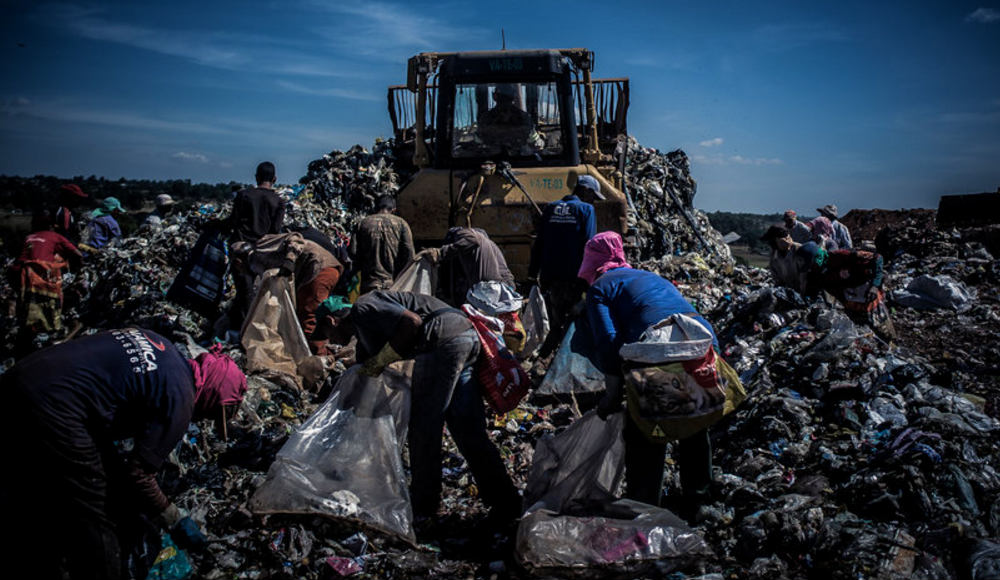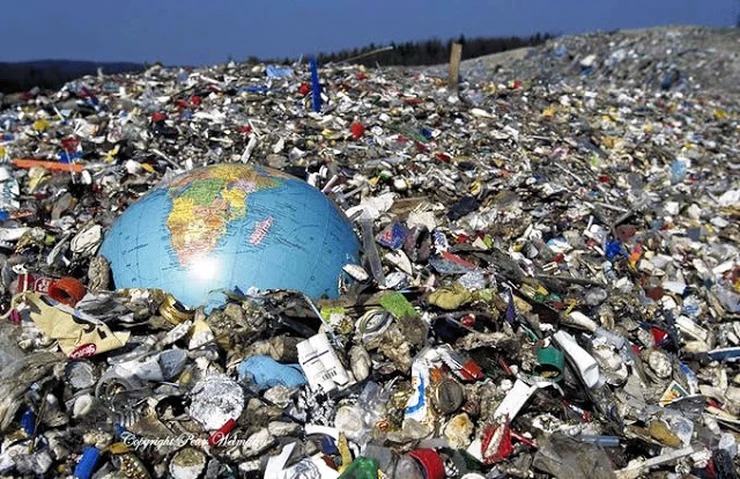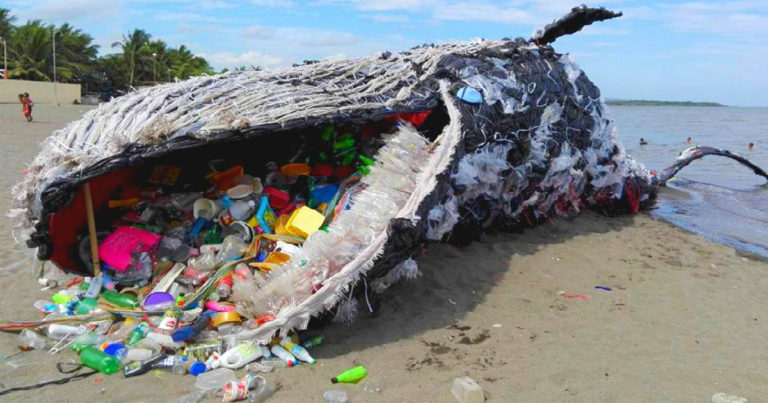Sustainability is a fundamental responsibility of the current generation to ensure the quality of life of future generations. To address environmental challenges, the State has implemented important legislation, such as the National Solid Waste Plan (PNRS), established by Law 12,305/10, and the regulation of Reverse Logistics by Decree No. 7,404/10. These regulations seek to create a structure that involves various actors in solid waste management, promoting a more effective approach to its management and recycling.
The objective of this post is to analyze whether small municipalities are prepared to fulfill their role in Reverse Logistics, a crucial part of the PNRS. The analysis considers current legislation and the reality faced by municipalities, using the deductive approach and the monographic/historical method to understand the challenges and advances in this area.

Understanding Reverse Logistics
Reverse Logistics is a fundamental concept for the effective management of solid waste. According to Law 12.305/10, Reverse Logistics is defined as a set of actions aimed at enabling the collection and return of solid waste to the business sector for reuse or environmentally appropriate final disposal. Decree No. 7.404/10 regulates this practice, establishing the procedures and responsibilities for its implementation.
Solid waste comes from a variety of sources, including manufacturers, importers, distributors, retailers and consumers. The volume of solid waste is growing at a rate that is higher than population growth, resulting in significant problems that affect quality of life. Brazilian legislation aims to address these problems by promoting the reduction, reuse and recycling of waste, establishing clear responsibilities for the production and consumption chain.
Main Axes of Legislation:
- Avoid Waste Generation: Reduce waste production from the source.
- Reduction and Reuse: Implement practices that reduce the amount of waste and encourage reuse.
- Recycling and Treatment: Process waste for reuse and appropriate treatment.
- Post-Consumer Liability: Ensure that producers take responsibility for returning products after use.
Challenges in Implementing Reverse Logistics
Although legislation has established clear guidelines, the implementation of Reverse Logistics faces several challenges. The main obstacles include:
- Economic Resistance: Both the private and public sectors face economic challenges in implementing Reverse Logistics effectively. This includes infrastructure costs and waste management processes.
- Waste Complexity: Each type of waste, such as pesticide packaging, fluorescent lamps and electronics, has specific characteristics that require different solutions for their treatment and recycling.
- Coordination between Sectors: Integration between the different sectors involved in Reverse Logistics, such as manufacturers and distributors, is not always effective, resulting in gaps in waste management.
Article 33 of Law 12,305/10 requires manufacturers, importers and distributors of specific products to implement Reverse Logistics systems. However, in practice, the effectiveness of these systems has been limited, and much waste continues to be poorly managed.
The Reality of Municipalities in Solid Waste Management
Municipalities play a crucial role in solid waste management, as they are responsible for handling everyday waste. However, many municipalities face significant challenges, such as:
- Lack of Resources: Many municipalities do not have the financial and technical resources necessary to implement Municipal Programs for Comprehensive Solid Waste Management (PMGIRS).
- Insufficient Training: The lack of professionals trained to deal with waste management is a recurring problem.
- Lack of Knowledge and Diagnosis: Many municipalities do not have an adequate diagnosis of the solid waste situation and are unaware of the best practices for its management.
The lack of a PMGIRS can lead to the loss of access to federal resources earmarked for waste management, further exacerbating the difficulties faced by municipalities.
Private Initiative and Reverse Logistics
Although the main responsibility for reverse logistics lies with the private sector, the effective implementation of this practice still faces challenges. Many private sectors are not adequately fulfilling their responsibilities, resulting in an almost chaotic situation regarding waste management. Overconsumption and lack of effective reuse contribute to the solid waste crisis.
Decree 9,177/2017 was enacted to clarify the articles of Law 12,305/10 and offer new hope for solving problems related to solid waste. However, the practical application of these standards is still a challenge, and the responsibility of the private sector is a critical factor for the success of Reverse Logistics.
Pathways to a Sustainable Solution
The analysis of Reverse Logistics and solid waste management reveals a complex and challenging scenario. Although Brazilian legislation has created an important framework for waste management, practical implementation faces several obstacles. Municipalities, in particular, encounter significant difficulties in fulfilling their responsibilities due to lack of resources, capacity and knowledge.
Environmental sustainability requires a joint effort between the public sector, the private sector and society. Reverse Logistics must be effectively implemented to ensure proper management of solid waste and reduce pollution. It is essential that there is greater oversight and commitment from all parties involved to address the challenges and find effective solutions for solid waste management.
If there is no significant change in the approach and implementation of policies related to waste management, the environmental future of municipalities and the country could be compromised. Shared responsibility and coordinated action are essential to ensure a more sustainable future for future generations.
Check out other interesting facts about recycling clicking here.
Learn how to make art by recycling, Click here.


